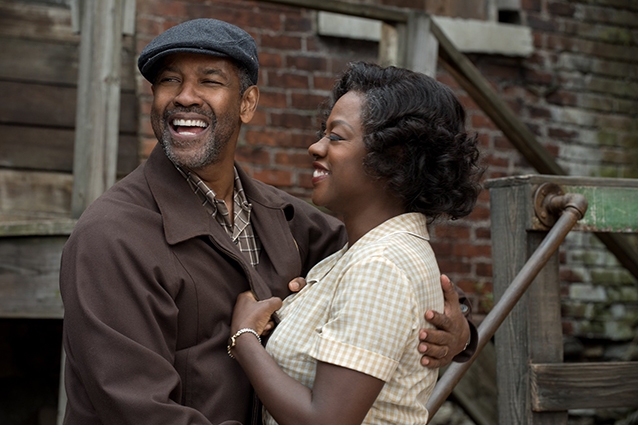 As a child, like most children I presume, I did not think of my parents as real people. They acted instead as my comforters and my providers, the people I stretched out my hands towards when I needed something. I was nearly out of the house before I considered what they might have given up; what dreams they may have sacrificed or brushed aside in the 60’s, the ’70s and ‘80s to provide my sister and myself with the best life that they could. For us, they moved through life often joyful but at times enraged; continually propping up a marriage that was long past its expiration date. Though I lived in their story with them, for the first part of my life, I observed as an outsider, labeling them as who they presented themselves to be instead of who they actually were. I, their eldest child, was guilty of not really seeing them in the full scope of their humanity.
As a child, like most children I presume, I did not think of my parents as real people. They acted instead as my comforters and my providers, the people I stretched out my hands towards when I needed something. I was nearly out of the house before I considered what they might have given up; what dreams they may have sacrificed or brushed aside in the 60’s, the ’70s and ‘80s to provide my sister and myself with the best life that they could. For us, they moved through life often joyful but at times enraged; continually propping up a marriage that was long past its expiration date. Though I lived in their story with them, for the first part of my life, I observed as an outsider, labeling them as who they presented themselves to be instead of who they actually were. I, their eldest child, was guilty of not really seeing them in the full scope of their humanity.
With his ten plays in The Pittsburg Cycle, playwright August Wilson mastered, narrated and documented the African-American experience throughout the twentieth century in the United States. From “Gem of the Ocean” to “Radio Golf,” each play set in a different decade revealed new challenges, joys, and nuances of the Black experience. August Wilson forced you to see; to bear witness to Black lives, by presenting full and complete human beings in his narratives. Something I was unable to do with my own parents until my early adulthood.
It has been a long road for the film adaptation of August Wilson’s sixth play in his Pittsburg Cycle, and it seems now that the timing has never been so ideal. Set in the 1950’s, Wilson’s critically acclaimed “Fences” comes sparkling to life on the film screen with Denzel Washington in the director’s chair and starring as patriarch Troy Maxson; a middle-aged garbage collector who, despite living a respectable life, struggles deeply with internal dissatisfaction, defeat, and bitterness. Not to be outdone by Washington’s commanding performance, Viola Davis holds her own, exploding onto the screen as his wife, Rose, a long-suffering but hopeful woman, desperate to keep her family together amid racial turmoil, financial issues and dreams deferred.
Incredibly faithful to the original play which first debuted on Broadway in March of 1987, through Washington’s lens, Troy and Rose’s story gets expanded and stretched out spectacularly as if August himself were walking the audience through the narrative. Both Washington and Davis have mastered (having acted in the play in the 2010 Broadway revival) these characters – the dichotomy of what it means to be Black in America during this particular moment. To be at once joyful and deeply tormented.
Continue reading at Shadow and Act.
Image: Fences/ Paramount
